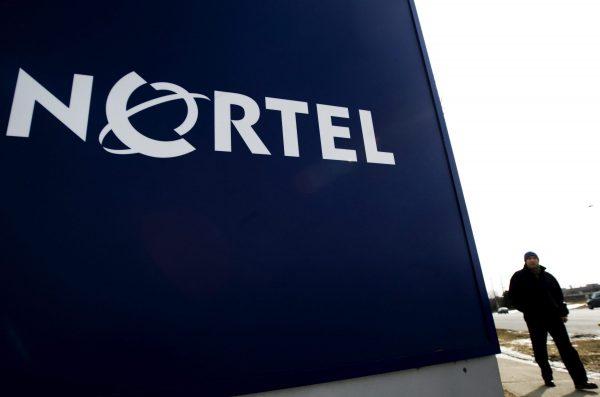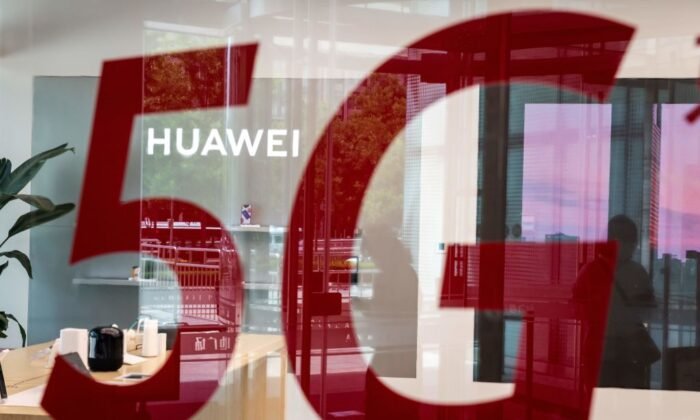Huawei Recruits Full Nortel Team for 5G Project, Leader Named Fellow of Royal Society of Canada
When Canada’s Nortel Networks went bankrupt in 2009, China’s Huawei recruited an entire Nortel team to its Canadian arm to advance its 5G networks development. As Canada banned Huawei in its 5G network in 2022 over security concerns, the former Nortel team leader became a Royal Society of Canada fellow that same year.
‘In Charge of 5G’
“In 2009, Tong Wen brought his original team from Nortel Networks to join Huawei,” stated an Oct. 12, 2019 Chinese-language article published in the Beijing-based magazine, Scientific Chinese.
Mr. Tong told the magazine he chose Huawei because “this [bringing the whole team with him] would have been difficult to do in another company.”
“In addition, throughout the entire 5G research and development process, as the technical lead, I had almost complete control over technical decisions. This provided the most ideal environment for pursuing my career,” he added.
The Scientific Chinese article also quoted unnamed senior Huawei employees saying that “one of the key reasons for Huawei’s rise was the trust that Ren Zhengfei [Huawei’s founder and CEO] placed in scientists like Tong Wen.”
“Huawei gave Wen Tong great authority and status—he leads Huawei’s global research, innovation, and standards efforts. This effectively put him in charge of 5G technology research, development, and innovation,” the article reads.
Mr. Ren, a former Chinese military officer, is the father of Meng Wanzhou, the Huawei executive central to the diplomatic rift between Canada and the Chinese regime a few years ago.
The Epoch Times reached out to both Mr. Tong and the Royal Society of Canada but didn’t hear back.

China’s Economic Espionage and Nortel’s Demise
Once a leading player in Canada’s high-tech industry, Nortel saw its demise in the late 2000s, around the same time that Huawei was expanding its market in the West.
He said that initially, hackers exploited Nortel senior executives’ accounts to access files. Then, upon detection, the hackers changed their methods, using the accounts of employees based in China instead, as Nortel had operations there. Noting that the hacking operation was both very organized and very advanced, Mr. Shields said it was clear to him that the state was behind it.
Mr. Shields also said that Huawei was the main benefactor of the demise of Nortel. While providing no proof that Huawei received the data, he raised the question: “Where was the manufacturer that was reaping the benefits of this? Was it the companies in Russia or France that were suddenly doing real good? No.”
Meanwhile, the U.S. government has said that Huawei supports “intellectual property theft.”
The department added that Beijing supported Huawei’s expansion in foreign markets to “achieve global dominance” through the use of its state-backed banks, providing tens of billions of dollars in subsidized financing to the telecom giant.
Similar to what’s required of every company in China, Huawei could be required to cooperate with the regime’s requests under its National Intelligence Law and Cybersecurity Law to release sensitive client data and to include a branch of the Chinese Communist Party in its corporate structure, the State Department added.
Concerns have also been raised about Huawei over Mr. Ren’s connections to the Chinese military.
Bans
The United States, Australia, Britain, and a number of other European countries have long had sanctions imposed on Huawei to block or restrict the use of the company’s equipment from those countries’ 5G networks over security concerns.
Source link
- Howard University Cancels Graduation Due to Overcapacity After Family Members Break Windows – One America News Network
- Canada Post takes action to eliminate Nunavut loophole for free Amazon Prime shipping





